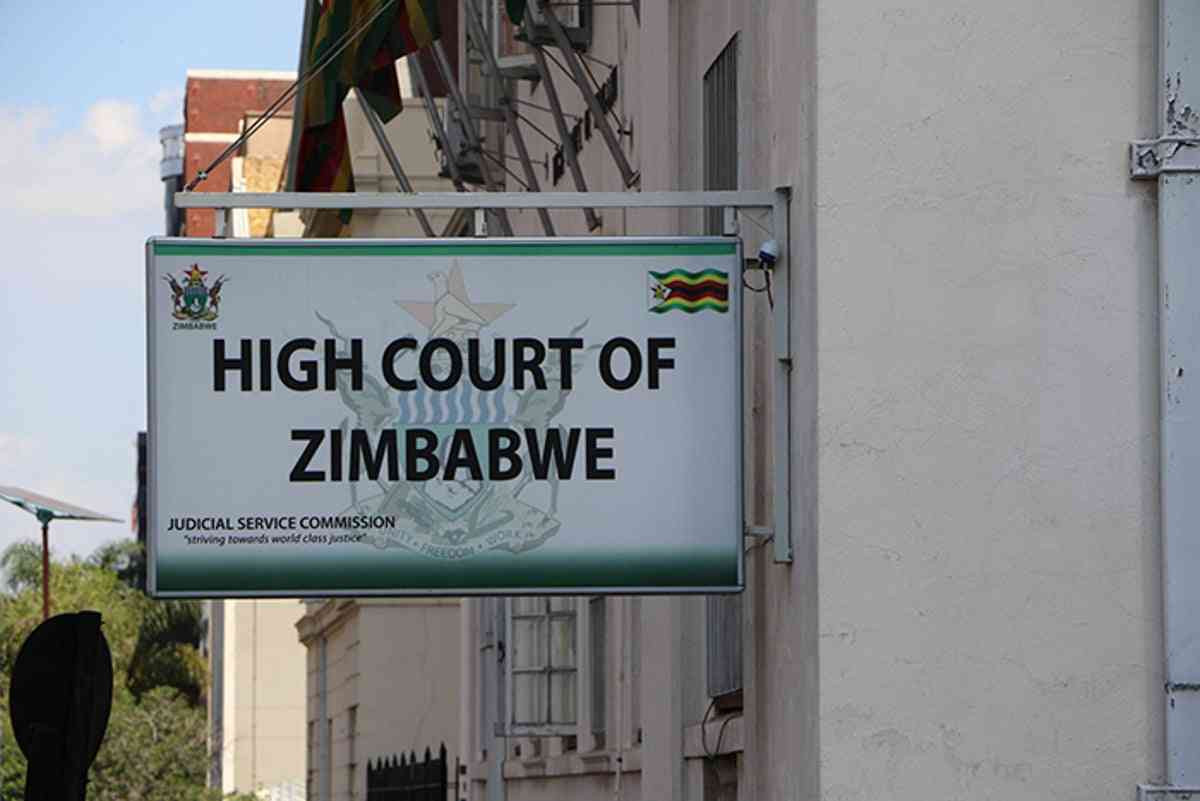
RESIDENTS associations have called for concrete financial commitments and policy reforms to ensure every Zimbabwean has access to water.
They said this at the 9th Annual National Residents Summit held in Bulawayo last week.
The summit was held under the theme: Rethinking WASH Sector Financing in the Context of Devolution, with the aim of co-creating solutions for sustainable water, sanitation, and hygiene (Wash) services.
The residents associations were united in calling on the government and local authorities to implement sustainable financing for water infrastructure.
Bulawayo Progressive Residents Association (BPRA) executive director, Permanent Ngoma, said the summit’s goal was to deliberate on how local authorities can navigate against plans to privatise water services.
“This summit comes after government suggested that local authorities should think around privatisation or adopt privatisation of services, hence Bulawayo has already started to work towards that through implementation of the water utility company,” Ngoma said.
“This summit seeks to deliberate on those issues to say how does devolution work like in the face of privatisation.”
Combined Harare Residents Association, Reuben Akili, lamented the dire state of water services in the country, saying Harare’s municipal water supply covers only 40% of residents, forcing 60% to rely on wells and boreholes.
- BCC demands US$ top-ups for 2016 stands
- Pumula South stands dispute escalates
- Byo residents protest over ‘exorbitant’ rates
- ‘Slash senior citizens’ bills by 50%’
Keep Reading
“Water problems have become national,” Akili said.
He warned that without adequate funding for water, the country risks straining its health budget through outbreaks of water-borne diseases.
Gwanda Residents Association director, Malvin Dube, explained how electricity shortages cripple the local authority’s ability to pump water from the Mtshabezi River to a town that has grown from four to 17 residential areas.
“It makes it difficult to pump water due to electricity shortages and pump sizes,” Dube said.
Bulawayo mayor, Councillor David Coltart, said failure to fully implement devolution was another challenge.
"Although we have strong constitutional provisions that should promote devolution, the reality on the ground is that there are measures in place which are encountered to devolution,” Coltart said.
“Examples include car license fees, which were previously paid to the council and that money now goes to Zimbabwe National Roads Authority and we have to beg for that money to repair roads…”
It also emerged during the summit that cities are battling aged infrastructure and rampant sewer bursts, but lack the financial capacity to respond.









